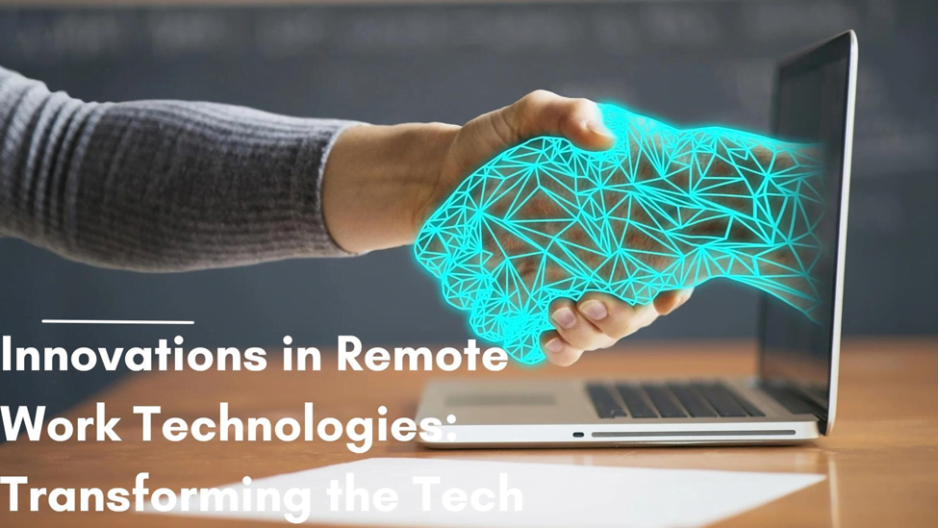In today’s fast-paced digital age, businesses and individuals alike are constantly seeking innovative solutions to streamline processes and enhance productivity. One such solution that has gained significant traction is the utilization of personalized chatbots. These conversational AI agents are revolutionizing the way we interact with technology and are proving to be invaluable assets across various domains.
Here are five ways in which chatbots can make your life easier:
- Customer Support and Engagement: Chatbots serve as reliable customer service representatives, offering round-the-clock assistance to users. They can promptly address inquiries, provide product information, and even troubleshoot common issues, thereby enhancing customer satisfaction and engagement.
- Automated Surveys and Feedback Mechanisms: Gathering feedback and conducting surveys is essential for businesses to understand customer preferences and improve their offerings. Chatbots streamline this process by automating surveys and feedback mechanisms, making it convenient for users to provide valuable insights effortlessly.
- Efficient Task Automation: Chatbots excel at automating repetitive tasks, such as scheduling appointments, setting reminders, and sending notifications. By offloading these mundane activities, individuals can focus their time and energy on more meaningful endeavors, boosting overall efficiency and productivity.
- Personalized Recommendations and Guidance: Leveraging advanced algorithms, chatbots can analyze user preferences and behavior to deliver personalized recommendations and guidance. Whether it’s suggesting relevant products, articles, or services, chatbots enhance user experiences by tailoring content to individual interests and needs.
- Virtual Guides and Navigators: Navigating complex websites or applications can be daunting for users, especially newcomers. Chatbots serve as virtual guides, offering step-by-step assistance and simplifying the navigation process. Whether it’s exploring an e-commerce platform or accessing online resources, chatbots provide invaluable support to users, enhancing overall usability and accessibility.

At ZeroAndOne Developers, we understand the transformative power of personalized chatbots and the immense value they bring to businesses and individuals alike. Our team specializes in designing and customizing chatbots tailored to your specific requirements. From enhancing customer interactions to automating routine tasks, we leverage cutting-edge technologies to create intelligent chatbot solutions that optimize workflows and drive tangible results.
By partnering with us, you can unlock the full potential of chatbots and revolutionize your approach to digital engagement. Contact us today to embark on a journey towards seamless automation and unparalleled efficiency. Let us empower your organization to thrive in the era of conversational AI. Together, let’s transform the way you connect, engage, and interact with your audience.






